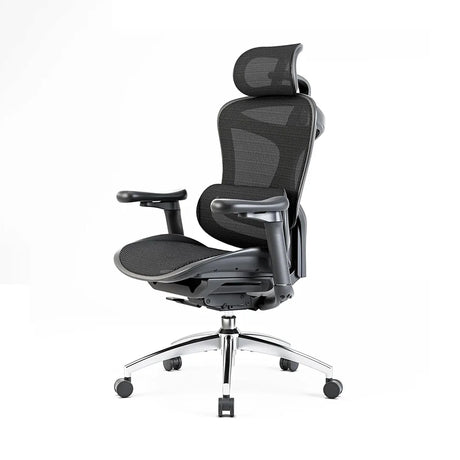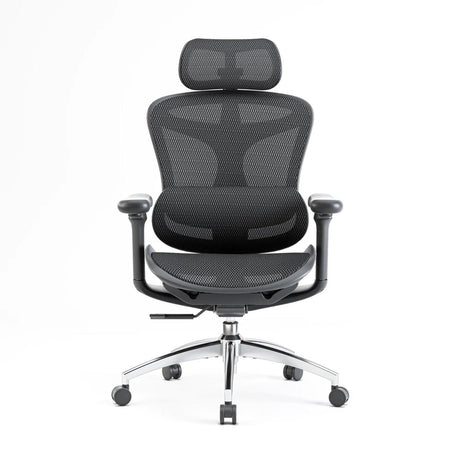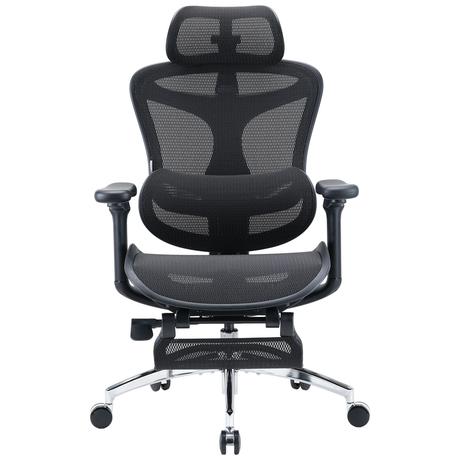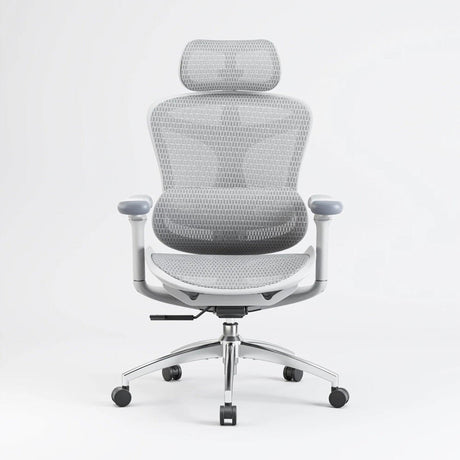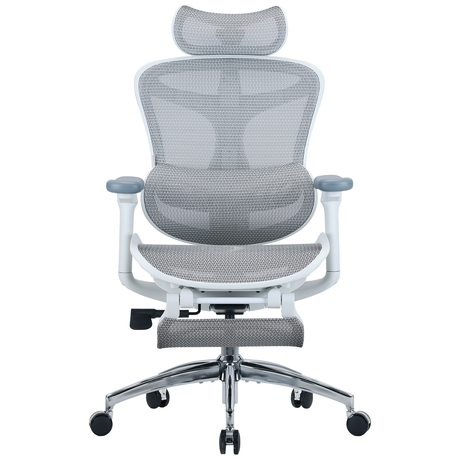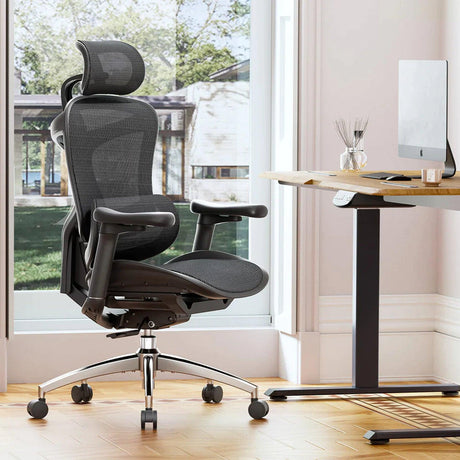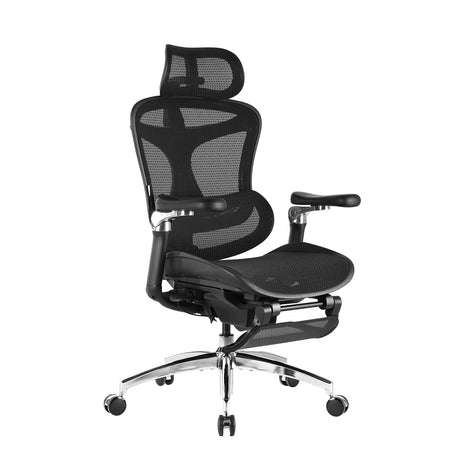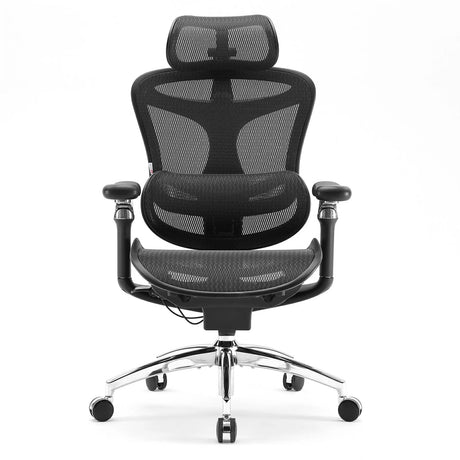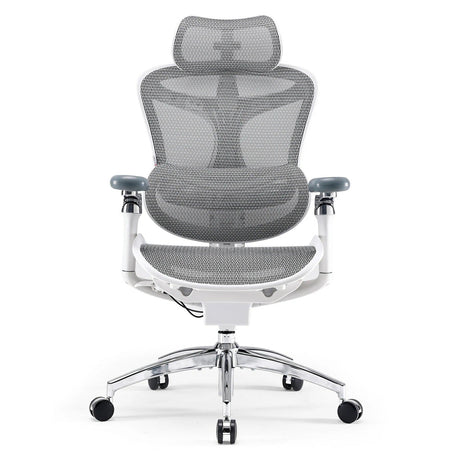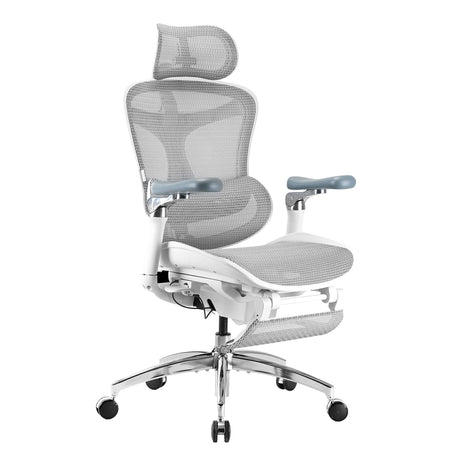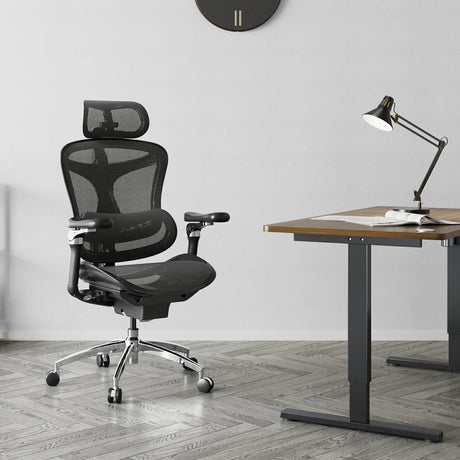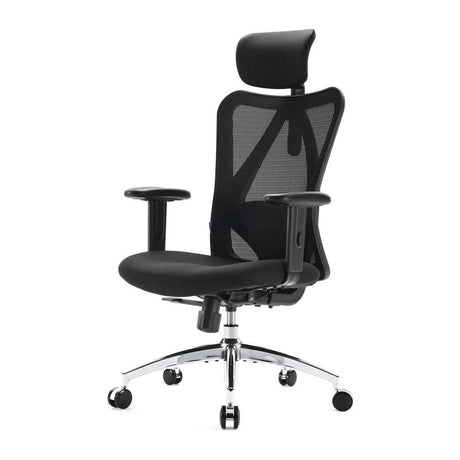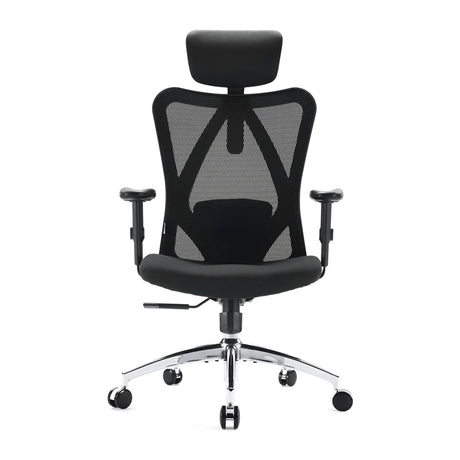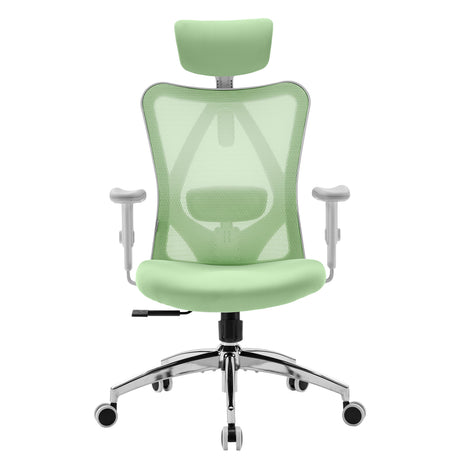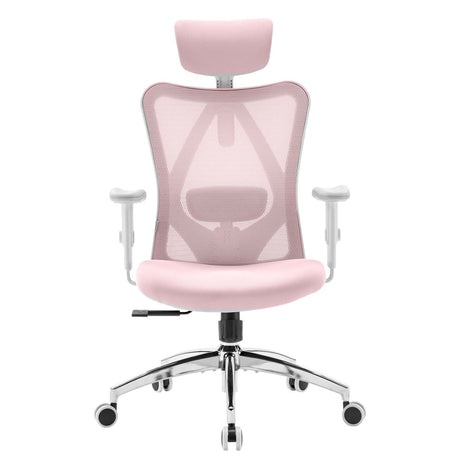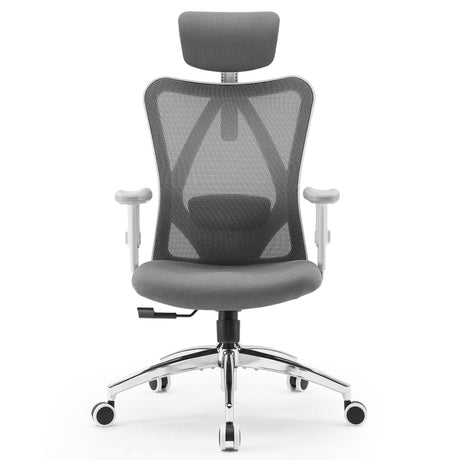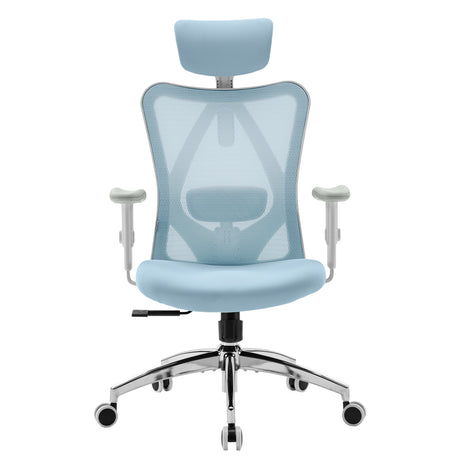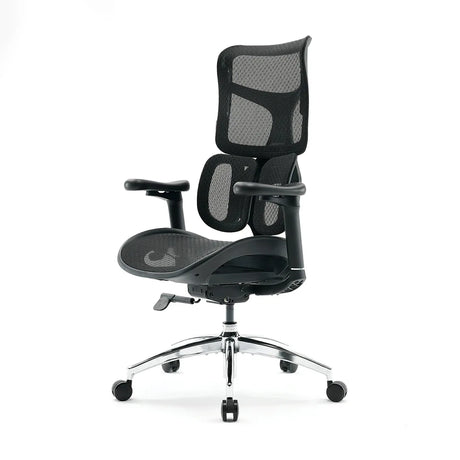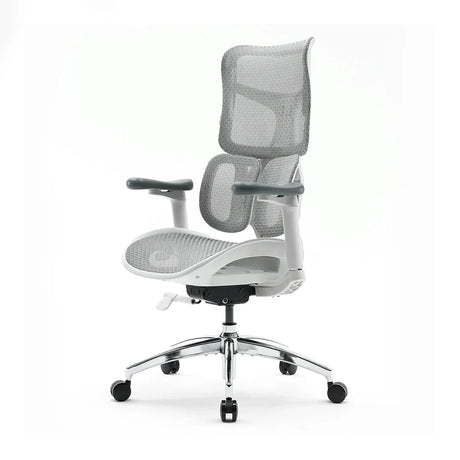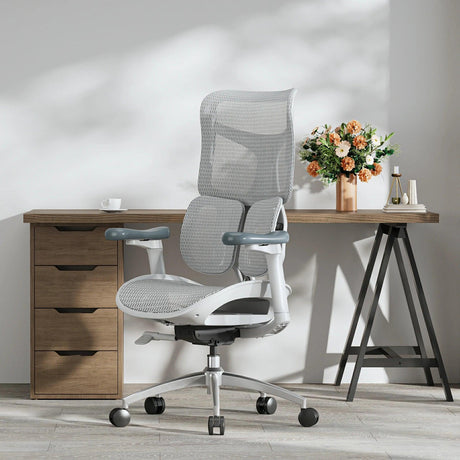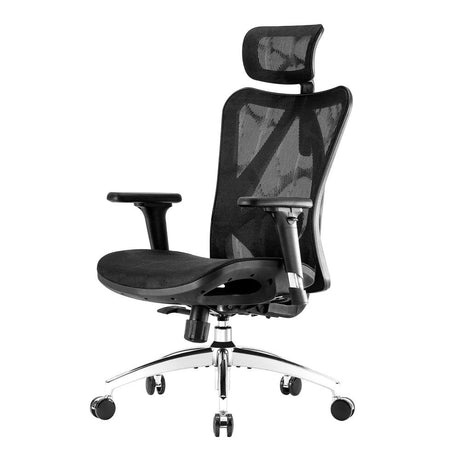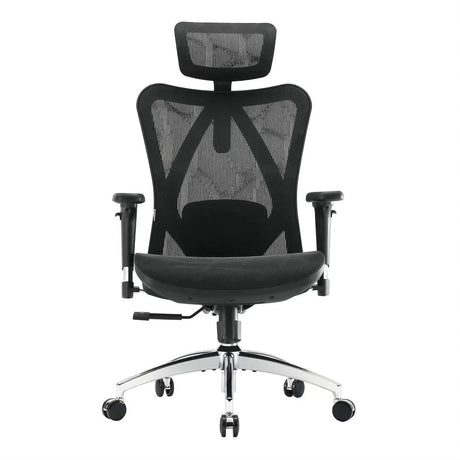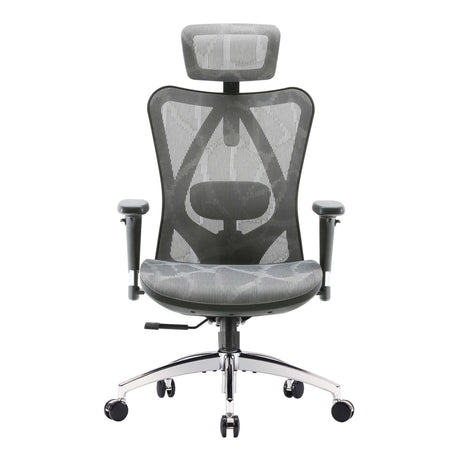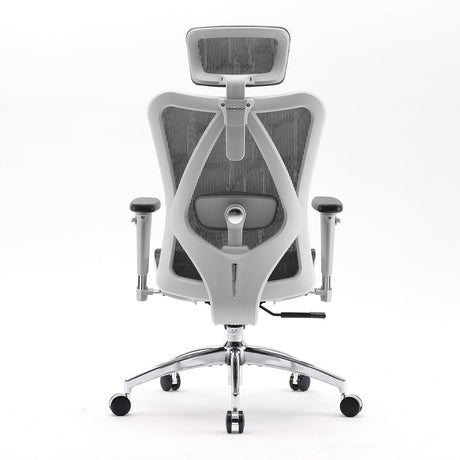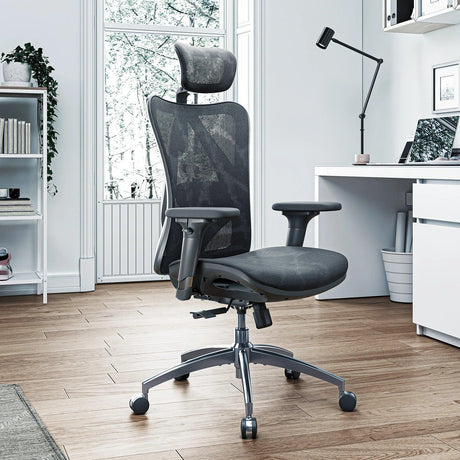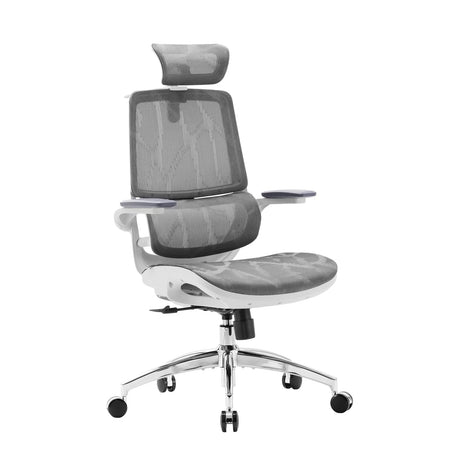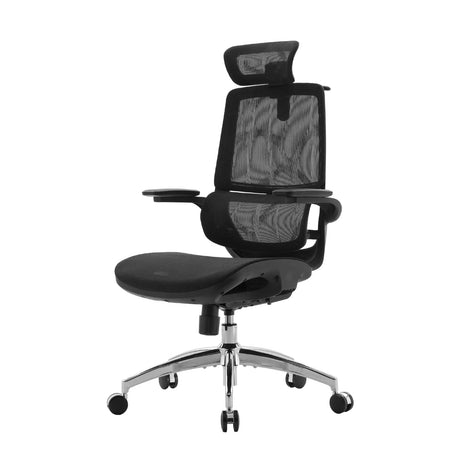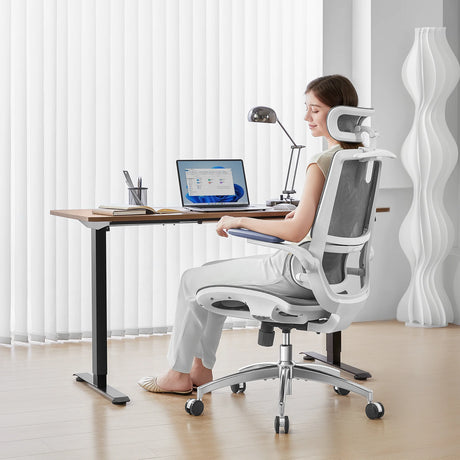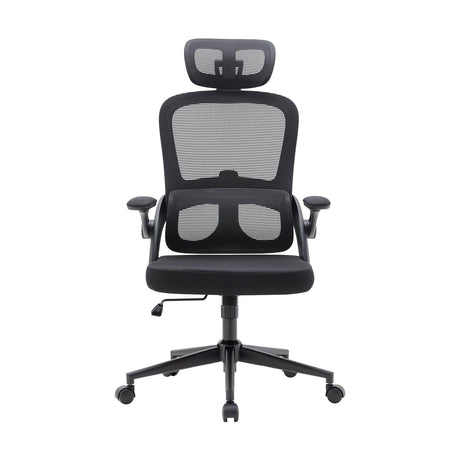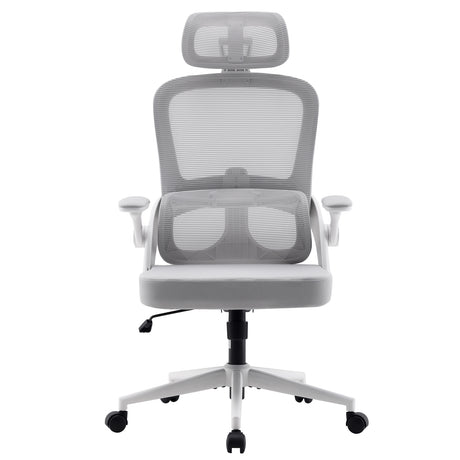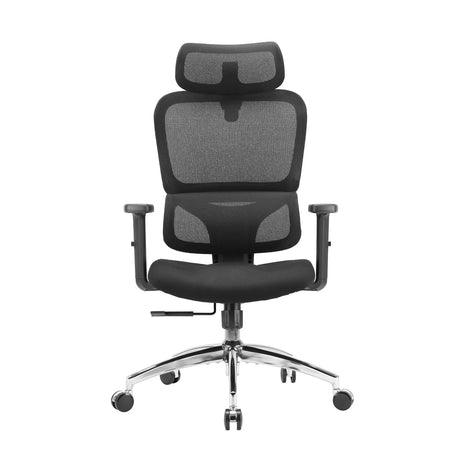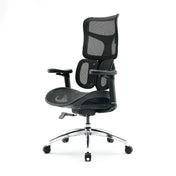If you work at a desk for long hours, you know the importance of a comfortable and supportive chair. Ergonomic chairs are designed to provide maximum comfort and support, but you may be wondering if it is safe to sleep in one. In this article, we will explore whether or not it is safe to sleep in an ergonomic chair and the potential risks and benefits of doing so.
Can You Sleep in an Ergonomic Office Chair?
Technically, you can sleep in an ergonomic office chair, but it is not recommended. While ergonomic chairs are designed to provide comfort and support for seated positions, they are not designed for prolonged periods of inactivity. Sleeping in an ergonomic chair can put unnecessary strain on your neck, back, and legs, leading to discomfort and pain.
Additionally, sleeping in an ergonomic chair can increase your risk of developing sleep-related disorders such as sleep apnea or snoring. These disorders can lead to a decreased quality of sleep, which can affect your overall health and wellbeing.

Risks of Sleeping in an Ergonomic Chair
Sleeping in an ergonomic chair can have several risks, including:
1.Poor Sleep Quality: Sleeping in an ergonomic office chair can lead to poor sleep quality, which can have a negative impact on your overall health and wellbeing.
2.Back Pain: Sleeping in an ergonomic chair can put pressure on your back, leading to discomfort and pain.
3.Neck Pain: Sleeping in an ergonomic chair can also cause strain on your neck, leading to neck pain and discomfort.
4.Leg Pain: Sitting in an ergonomic chair for prolonged periods can cause discomfort and pain in your legs. This discomfort can be exacerbated if you attempt to sleep in the chair.
5.Increased Risk of Sleep Apnea: Sleeping in an ergonomic chair can increase your risk of developing sleep apnea or snoring, which can lead to decreased sleep quality.
Benefits of Using an Ergonomic Office Chair Properly
While sleeping in an ergonomic chair is not recommended, using an ergonomic chair properly can provide many benefits. These benefits include:
1.Improved Posture: Ergonomic chairs are designed to promote good posture, which can help prevent back and neck pain.
2.Increased Comfort: Ergonomic chairs are designed to be comfortable and supportive, which can help prevent discomfort and pain.
3.Increased Productivity: By providing comfort and support, ergonomic office chairs can help you stay focused and productive throughout the workday.
4.Improved Health: Good posture and comfort can also have a positive impact on your overall health, including reducing the risk of developing musculoskeletal disorders.
Tips for Using an Ergonomic Chair Properly
To ensure that you are getting the maximum benefit from your ergonomic chair and avoiding unnecessary discomfort and pain, follow these tips:
1.Adjust the Chair Properly: Ensure that your chair is adjusted properly to fit your body. This includes adjusting the height, angle, and tilt to ensure proper support.
2.Maintain Good Posture: Maintain good posture while using the chair. This includes keeping your feet flat on the ground, your back straight, and your shoulders relaxed.
3.Take Breaks: Take regular breaks to stand up and stretch your legs. This can help prevent discomfort and pain caused by prolonged sitting.
4.Use the Chair for Seated Activities Only: Use the chair for its intended purpose – seated activities. Avoid using the chair for sleeping or other activities that require prolonged inactivity.
Conclusion
In conclusion, sleeping in an ergonomic office chair is not recommended and can lead to discomfort, pain, and increased risk of sleep-related disorders. However, using an ergonomic chair properly can provide many benefits, including improved posture, comfort, productivity, and health. Follow the tips outlined above to ensure that you are using your ergonomic chair properly and avoiding unnecessary discomfort and pain.

